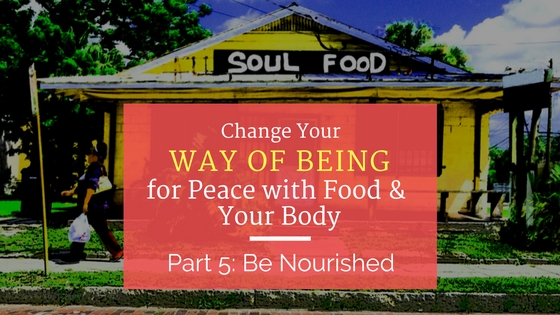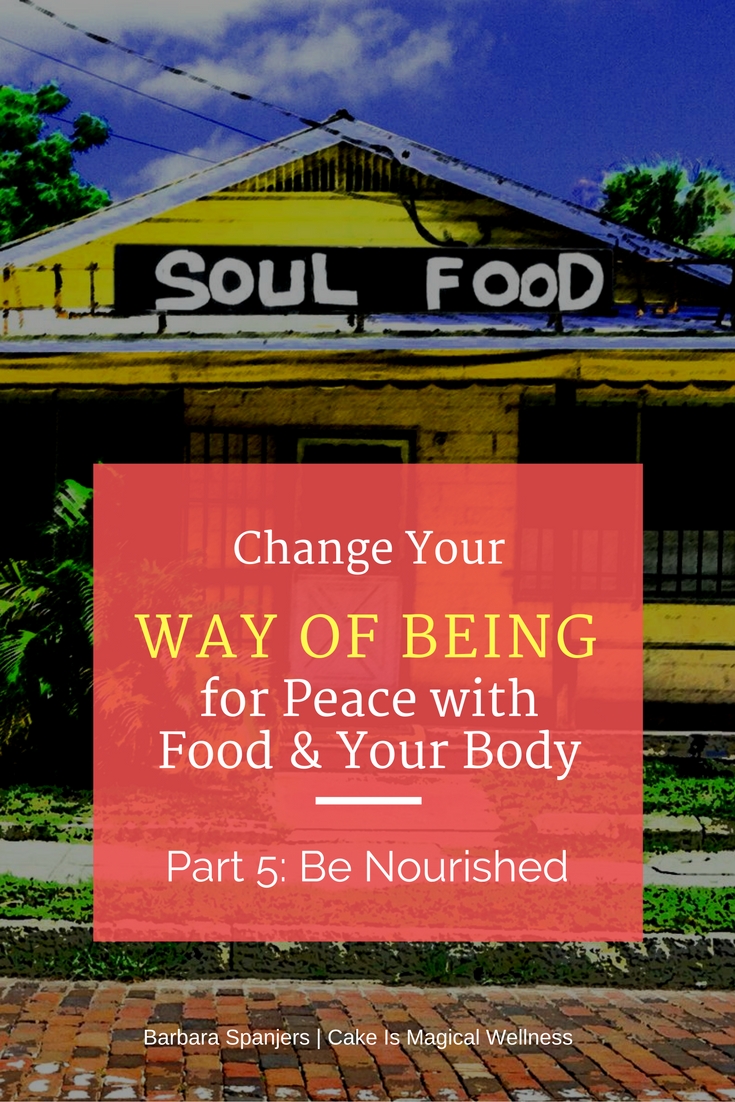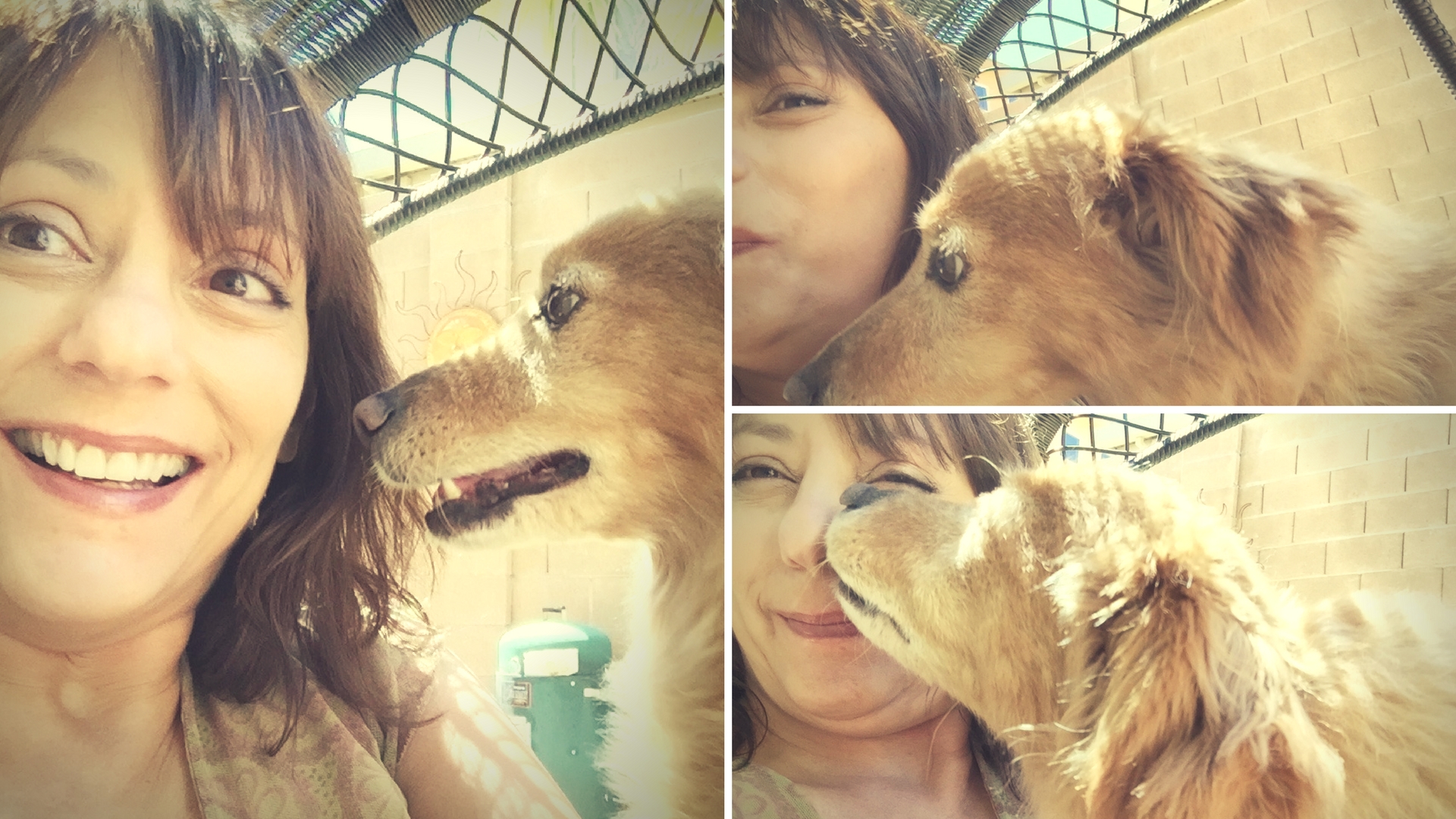 What’s the first thing that comes to mind when you hear the word “nourished?” If it has to do with nutrition, that’s understandable.
What’s the first thing that comes to mind when you hear the word “nourished?” If it has to do with nutrition, that’s understandable.
Merriam Webster defines nourish as:
- to provide (someone or something) with food and other things that are needed to live, be healthy, etc.
- to cause (something) to develop or grow stronger
So nourishment is about so much more than just the nutrients contained in food. It’s about the bigger context of eating. It’s also about your life outside of food. Big picture: it’s about self-care.
[Tweet “Nourishment is about more than nutrition. It’s about your life outside of food. It’s self-care.”]If you can’t imagine a life outside of food, you’re in the right place.
What I see women do so often (and hey, I’m not immune) is strive to eat the “right” foods, but still end up cupboard-surfing after dinner. This can feel disheartening, like you’ll never be in control of your eating. It can be especially confusing if you ate a hearty meal, and your tummy is physically full.
What’s going on there?
If you have had this experience, be your own detective. Explore the experience you had eating your meal. Even if your tummy is full, your mind/body/soul may not have registered the eating experience. Here are some ways to help sleuth what’s really going on when you want to eat even though you already had a meal.
- Were you distracted while you ate? That can make it feel like you didn’t eat, even if your stomach is telling you otherwise. If you are on social media, watching TV, or otherwise sidetracked, your brain has a hard time recognizing that you consumed food.
- Were you hungry when you began your meal? If you don’t have the sensations of hunger to tell you when to start eating, it’s awfully difficult to tune in to physical sensations telling you when to stop.
- Did you eat foods that you were in the mood to eat? No matter how nutrient-dense a food is (and I swear, I’m not anti-kale), if it’s not what you feel like eating at that time, you will still feel like eating afterward. Like I said, I’m friends with kale. But I certainly am not in the mood for it every day. Sometimes, nothing but a piece of lasagna is going to hit the spot – even if I already had a green smoothie.
- Did you eat in response to non-food hunger? Maybe you ate in response to stress. Or because your coworker insulted you. Or because you are procrastinating on a project.
Experiment: start to think of the term nourish in both food-related and life-related ways. Ask yourself, “How can I nourish myself right now?” or “What do I need right now?” And be open to what those questions inspire.
The next post in this series will focus on being critical – of cultural messages – for peace with food and your body.







